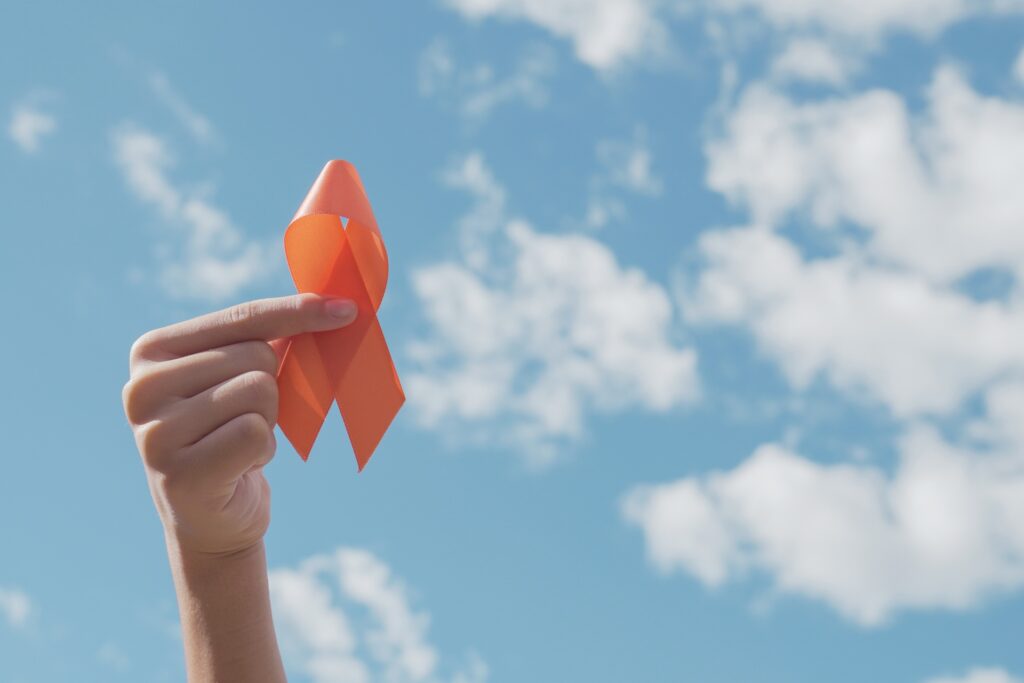Living with multiple sclerosis (MS) can bring a wide range of daily challenges, from fatigue and mobility issues to nerve discomfort and mood shifts. While conventional treatments are essential for managing the condition, many people with MS are also exploring natural ways to support their overall wellness—particularly approaches that focus on the immune system and nervous system health.
One natural substance gaining attention is the Agaricus blazei Murill (ABM) mushroom. Traditionally used in Brazil and Japan, this mushroom is being researched for its immune-balancing and antioxidant properties, as well as its possible role in maintaining nerve and cellular health.
What Is MS?
Multiple sclerosis (MS) is a long-term, immune-related condition in which the body’s immune system mistakenly targets the protective coating (called myelin) around nerve fibers. This can disrupt signals between the brain and the rest of the body.
Common symptoms of MS may include:
- Fatigue
- Numbness or tingling
- Muscle weakness or spasms
- Balance or coordination problems
- Brain fog or difficulty concentrating
- Mood changes
The exact cause of MS isn’t fully understood, but it’s believed to involve a combination of immune dysregulation, inflammation, and oxidative stress.
How ABM Mushrooms May Help Support People Living with MS
While ABM mushrooms are not a treatment or cure for MS, research suggests they may offer nutritional support in several key ways:
- Immune System Modulation
ABM contains beta-glucans, which have been studied for their ability to support balanced immune responses. For individuals with MS, immune overactivation can be a concern. The goal is not to “boost” the immune system but to help it stay balanced—and that’s where ABM shows potential. - Nervous System Protection
Some research has explored how ABM’s antioxidant compounds might help reduce oxidative stress in the nervous system. Since oxidative stress may contribute to the progression of MS, reducing this burden may help support nerve health over time. - Anti-inflammatory Properties
ABM is rich in naturally occurring compounds like ergosterol and phenolics, which have demonstrated anti-inflammatory effects in preclinical studies. Supporting a normal inflammatory response may be important for overall wellness in those with immune-related conditions. - Energy and Vitality Support
Fatigue is one of the most common symptoms of MS. Some users of ABM mushrooms report feeling more balanced energy over time. While not a substitute for medical care, nutritional support like ABM may play a role in supporting resilience and vitality.
- Immune System Modulation
How People Typically Use ABM Mushrooms
To ensure the body receives the full range of ABM’s beneficial compounds, a dual-extracted product—using both hot water and alcohol—is preferred. This helps draw out both water-soluble polysaccharides and fat-soluble compounds.
General usage patterns (for dietary support purposes):
- Daily support: 15 mL per day
- Intensive support: 30 mL per day for 6 months, then return to maintenance
- Long-term wellness: Ongoing use to maintain balanced immune and cellular function
How Long Does It Take to Notice Effects?
- Some people notice subtle changes within a few weeks (like improved stamina or sleep).
- Others may take 1–3 months of consistent use to see more significant shifts, especially when using 30 mL/day during a recovery or support phase.
- After 3–6 months, many shift to a maintenance dose of 15 mL/day to continue supporting immune and nerve health.
A Supportive Option, Not a Substitute
ABM mushrooms are not intended to treat or cure MS, but they may offer support through their naturally occurring compounds that help the body manage inflammation, oxidative stress, and immune regulation. Combined with medical care and lifestyle choices, ABM could be one more tool in a comprehensive wellness strategy.
References
- Hetland G, et al. (2008). Effects of the medicinal mushroom Agaricus blazei Murill on immunity, infection and cancer. Scandinavian Journal of Immunology, 68(4): 363–370.
- Sorimachi K, et al. (2001). Secretion of TNF-α and nitric oxide by macrophages activated with Agaricus blazei Murill fractions. Journal of Medicinal Food, 4(4): 201–209.
- Grinde B, et al. (2006). Protection against oxidative DNA damage and stimulation of cell proliferation by a medicinal extract of Agaricus blazei Murill. Cell Biology and Toxicology, 22(4): 285–291.
- Firenzuoli F, et al. (2008). Herbs and autoimmune disease: An overview of the role of medicinal mushrooms in immune modulation. Evidence-Based Complementary and Alternative Medicine, 5(3): 247–256.

